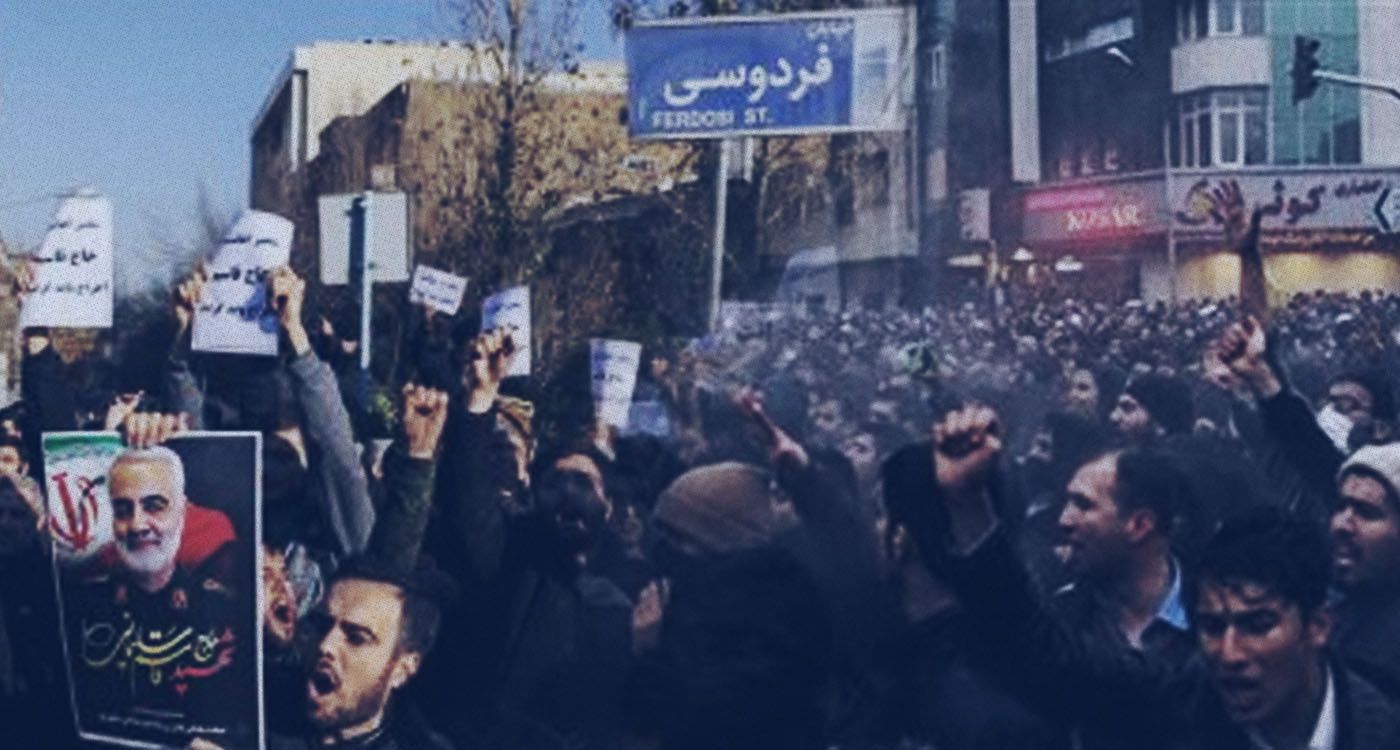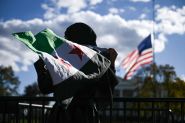- Home
- Middle East
- When Rifts Shake the Mullahs’ Republic

©This is Beirut
One of Donald Trump’s key campaign pledges was to bring peace and prosperity to the Middle East. In a region as volatile as the Levant, the path to any lasting peace runs through stability and security, which means dismantling factions that can only exist in a climate of perpetual conflict. These goals are nothing short of ambitious in a part of the world where, for decades, they have been relentlessly undermined by those who glorify futile wars, now driven by Iran’s ruling mullahs.
The upheavals sparked by Hamas’s attack on Israel on October 7, 2023, have undoubtedly weakened the hardline camp in just a few months. But their ability to sow chaos is far from neutralized. How could it be, when the masterminds of regional destabilization are still operating in Tehran, where the Islamic Republic’s radical wing – specifically the Revolutionary Guards – has yet to yield despite major strategic setbacks on multiple fronts?
Alongside the heavy blows dealt to Hezbollah in Lebanon, Hamas in Gaza, the Houthis in Yemen, and the near-neutralization of the “Popular Mobilization Forces” in Iraq, it is worth noting that the “twelve-day war” between Israel and Iran, coupled with US strikes on Iranian nuclear facilities, has had a profound consequence for the Islamic Republic: a deepening polarization on the domestic political scene. This polarization is only intensifying within the regime itself, already mired in the cascading effects of Western sanctions.
A significant new development has emerged in Iran in recent days: the rise of a broad opposition front – the Reform Front – bringing together some thirty parties, organizations and prominent figures who have publicly issued a roadmap calling for a series of particularly bold, even revolutionary (in the best sense of the term!), reforms. The eleven-point document calls for an end to uranium enrichment – a red line for the Revolutionary Guards – a profound shift toward openness and constructive relations with the West and Gulf states, amendments to legislation affecting women, an end to repression of reformist opposition, respect for freedom of expression, the abolition of censorship, a general amnesty, the release of political prisoners, and a reorientation of official rhetoric toward domestic development priorities rather than ideological concerns…
The significance of this roadmap lies in its practical challenge to the repressive and obscurantist policies of the regime’s radical wing. Moreover, the document calls for a “return to the will of the people,” a move that directly threatens the authority of the Supreme Leader, whose power rests on a claimed divine legitimacy rather than popular consent. Unsurprisingly, media outlets and circles close to the Revolutionary Guards have launched a fierce attack on the pillars of the Reform Front, quickly labeling them as “traitors.” The accusation carries even greater weight given the Front’s ties to leading reformist figures, including former presidents Mohammad Khatami and Hassan Rouhani, former Foreign Minister Mohammad Javad Zarif, and prominent opposition leaders such as Mir Hossein Mousavi and Mehdi Karroubi.
Perhaps the most serious threat to the regime’s radical wing is that the Reform Front openly supports Iranian President Masoud Pezeshkian, who also advocates greater engagement with the Western world and a revival of dialogue with the United States. Just days ago, he openly criticized the regime’s hardliners, sharply denouncing their opposition to resuming nuclear negotiations with Washington, a stance that drew fierce public condemnation from Revolutionary Guard circles.
This growing rift within the structure of the mullahs’ regime clearly reflects the profound existential crisis currently gripping the Islamic Republic. Its consequences – potentially historic if circumstances permit – reach well beyond Iran itself. It could create the conditions necessary to genuinely steer the region toward stability and the long-awaited establishment of lasting peace. The challenge is to shift decisively from a strategy driven by irrationality to one rooted in pragmatic, constructive action. One can only hope that key international decision-makers will honor their commitments. They must seize this opportunity to finally neutralize those who persist in preventing the peoples of the Levant from enjoying normal, prosperous lives.
Read more




Comments